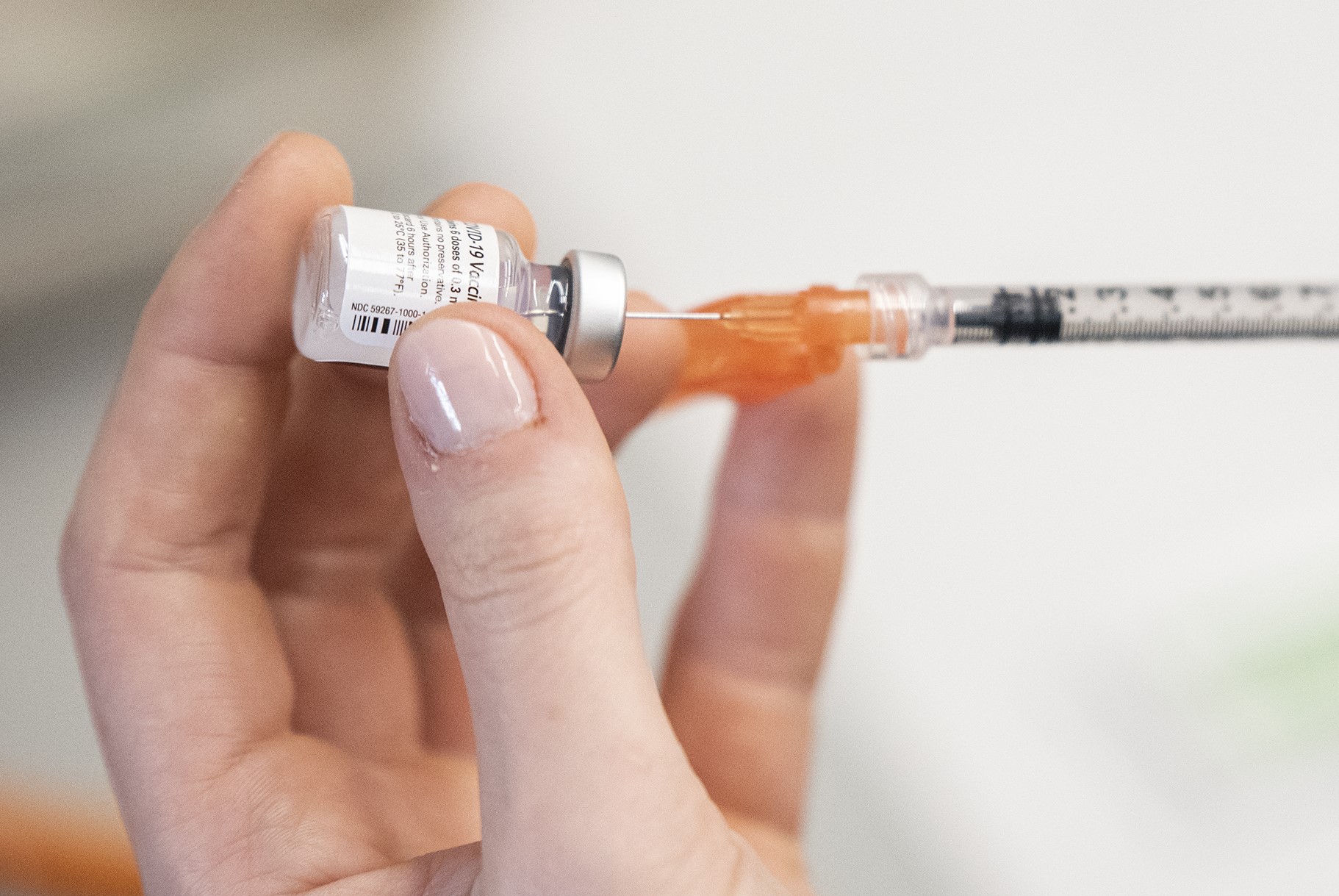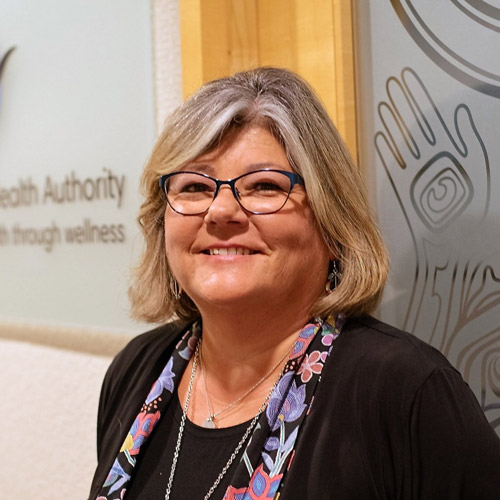
A message from Dr. Shannon McDonald, Acting Chief Medical Officer
 COVID-19 booster shots are all over the news these days – including on our FNHA website. Boosters are one of the next steps we need to take in our collective fight against the pandemic.
COVID-19 booster shots are all over the news these days – including on our FNHA website. Boosters are one of the next steps we need to take in our collective fight against the pandemic.
If you'd like to learn more about how the booster clinics are rolling out across the province and in First Nations communities, visit the provincial website here.
In this message, I'll answer some of the questions I've been hearing about the booster shots to help you make an informed decision.
What are booster shots and why are they needed?
Booster shots are common for many types of vaccines (such as Tetanus, Influenza, or Whooping Cough, to name a few) where the effectiveness gradually weakens over time. Booster shots keep the antibodies in your immune system at a high level, providing better and longer protection to you and the people around you.
When is the best time to get a booster shot?
If you are over 18 and fully vaccinated, you should get a booster shot when it becomes available to you. In BC, this will be about six to eight months after your second shot. This is the best timing to ensure the longest and strongest protection while at the same time minimizing the potential for side effects (mostly a sore arm and the kind of “flu-like" symptoms you might have had after other vaccinations).
In certain circumstances, such as an outbreak in community, doctors may recommend a booster as early as two months after the second shot. These earlier shots will be recommended based on careful consideration of risks and benefits.
Does this mean my vaccine is no longer effective?
Those of us who are fully vaccinated can rest assured that our immunity will not suddenly disappear, as immunity to COVID-19 infection decreases slowly over time. Even though you may be more likely to get infected with COVID-19 as your immunity decreases, protection against severe illness remains strong for most people for at least six to eight months and even longer.
People who are being prioritized to get their boosters first include those whose immunity weakens more quickly, those who are exposed to the virus more often, and those who are likely to get very sick. This includes people who are over 70, health care workers, Indigenous people who are over 18, and all people who live in remote and Indigenous communities.
Does it matter which booster I get?
Both Moderna (SpikeVax) and Pfizer (Comirnaty) have been carefully studied and are safe and effective as boosters, so get whichever one is available when you go to your appointment! Clinics may have only one type of vaccine on hand, and either can be used for the booster shot, no matter which vaccine you received for your first two shots.
A lot of people have expressed concern about “half doses" being used for the Moderna booster. The decision to provide this dose has been carefully studied. It is important to know that you will receive the necessary booster dose of whichever vaccine you get. The amount of vaccine needed as a booster can be different from the amount used for the first and second shots, as the body is already primed to fight infection. Both booster vaccines are formulated to provide the best balance between boosting immunity and minimizing side effects.
Is a booster simply a “third shot"?
No. A third shot is part of the primary vaccine series for people with immune systems that are moderately or severely weakened, such as people who are on cancer treatments or who have received an organ transplant. Although these people are considered fully vaccinated on their BC Vaccine Card, they need the extra shot to more fully protect their health. The third shot helps build enough antibodies to bring them up to a similar level of protection that people with healthy immune systems can expect after only two shots. They will likely still need a booster shot as well.
Should we be isolating again until everyone gets their booster?
Your two shots provide good protection until you are offered a booster, so there is no need to return to the kind of isolation required before vaccines were available out of concern that you may catch COVID-19. You do need to continue following public health recommendations, including wearing a mask, staying home when you have symptoms, washing your hands frequently, and isolating when required. Boosters are an extra layer of protection in addition to what you are already doing to keep yourself and your community healthy.
For all of the reasons above, the FNHA's Medical Officers recommend you get the COVID-19 booster.
Scientists and public health specialists continue to analyze a wide variety of evidence to determine the need for boosters, including changing patterns of COVID-19, concerns from community, and additional scientific evidence. As your health and wellness partner, we will continue to update you on any developments, including the possible need for boosters in youth 12-17.
Meanwhile, get your booster, stay well and keep up the good fight. We are getting there!
Still need to get vaccinated?
To register for a vaccine clinic, visit: gov.bc.ca/getvaccinated.html.
You can also find a vaccine clinic in your region at: gov.bc.ca/vaxforbc.
For more information about COVID-19 vaccines see: fnha.ca/vaccine.
Download this message in PDF format here.

